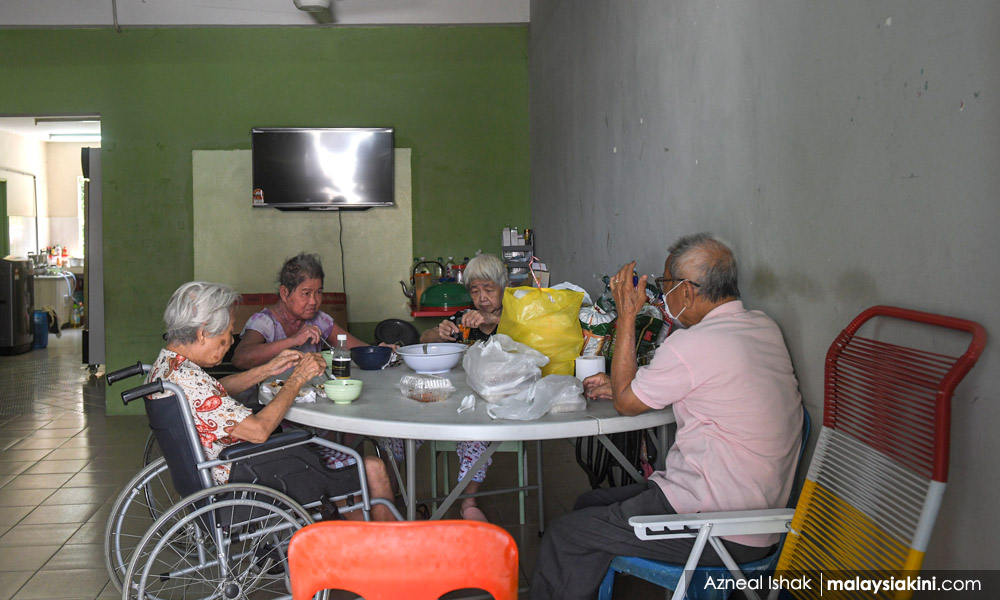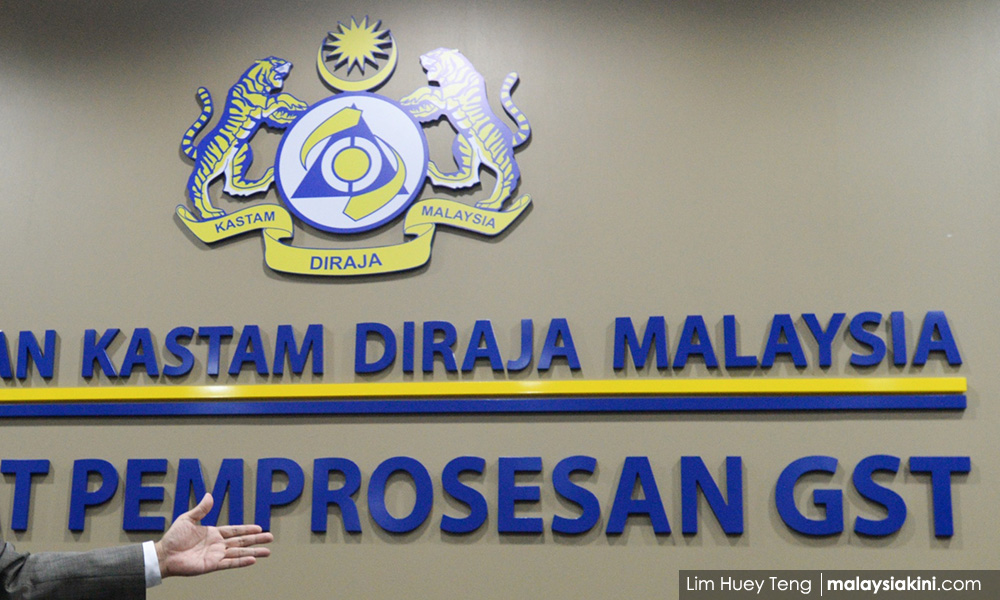LETTER | There is a great concern about the low Employees Provident Fund (EPF) savings amongst a majority of Malaysians.
The universal pension scheme has been put forward as a remedy to this spiralling issue affecting the welfare and social security of the nation’s seniors.
As of now, Malaysia is transitioning from the current ageing society to an aged society by 2044 - where 14 percent of the population will be aged 65 and above.
A universal pension is defined as where the only criteria for receiving it are age and history of citizenship or residency.
This pension is offered by a small number of countries like Bangladesh, Brunei, Sweden, Netherlands and New Zealand.
The scheme may have a nice ringtone, but it has a lot of drawbacks, conditions, and funding issues and at times, it does not resonate with its intended definition.
Bangladesh had a pension system only for its government workers and the military before the implementation of its universal pension scheme last year.
It is a contributory scheme where the more you pay the more you get, quite similar to our EPF. Contribution, however, is for a minimum of 10 years before eligibility and is payable only up to age 75.
In Sweden, you have to work for 40 years for full universal pension payment. In the Netherlands, the amount is determined by the years paid into the insurance scheme for this pension.
The Swedish government funds universal pensions through an annual appropriation from its annual budget.

The high individual income tax at 45 percent to 50 percent, employer social security contribution at 31.42 percent of employee’s salary and Goods and Services Tax (GST) at 25 percent could account for this funding.
Universal pension in Brunei is totally government-funded and likely possible with its huge oil revenue and very small population.
In New Zealand, it is funded by current taxpayers but could face a future problem with an ageing population and declining birth rate.
Except for Bangladesh, all the above countries have an existing state or employer-based pension system paying out pensions to retirees. The universal pension is an addition or top-up to what they already have.
Instead of a universal pension, Malaysia should implement a supplementary non-contributory pension - in addition to the EPF or private or employer-based pension
But this must only involve those who are short of the basic savings target as proposed by EPF and eligibility is subjected to fulfilling requirements and criteria of a means and needs test - similar to the proposed direct fuel subsidies.

Most Malaysians have the EPF as a pension fund but reportedly 71 percent do not have the basic savings target of RM240,000.00.
This is the group and the poorer non-contributors of EPF which a supplementary non-contributory pension fund should be provided with.
A universal pension funded with a flat rate of taxation would not be economically and financially viable presently as the people, government and private sector are grappling with rising costs and hoping for a quick economic recovery.
Approximately only 1.3 million individuals out of our workforce of around 15 million pay personal income tax and not even the universally accepted GST has been reimplemented, so there is little chance the universal pension can be generated from taxation and be government funded.
Raising income tax, personal or corporate, is a political hot potato and a bane to any government of the day.
Low taxable income group
Again, our taxable population is low, and the burden will be unequally borne by a minority. This may stifle entrepreneurship and under-reporting of taxable income may become rife.
Getting current taxpayers to fund a universal pension similar to New Zealand would be a recipe for future disaster as Malaysia too is fast becoming an aged nation with declining birth rates.
The majority of the retirees with insufficient pension are mainly blue-collar workers doing manual or repetitive mundane work and extending the retirement age beyond 60 would not be well accepted and deprive many of enjoying longer golden years.
Unless they choose to, most would likely prefer to retire from their arduous and dull work routine.
Here are some proposals to fund a supplementary non-contributory pension only for those pensioners in real need.
Pay a living wage, not minimum wage. This will lift many off the poverty level and increase their EPF savings.
Paying a living wage does not burden employers and employees as much as a flat rate funded by taxation as the increased costs are only for the lower income employees.
Reduce the amount and withdrawal schemes allowed for by EPF. Provide free education to all Malaysians up to tertiary level in local universities.
This will curtail EPF savings from being withdrawn for their children's further education and deplete savings for the low-income group.
With tertiary-level education, earnings will be on the higher side for their children which will reduce poverty cycle and ensure higher EPF savings for future generations.
Provide a higher dividend to those aged 50 with less than RM20,000.00 in their EPF accounts but subject to no more than a set number of allowable withdrawal schemes.
Set aside a minimum of five percent of the annual dividend from the yearly EPF dividends to start a separate pension fund for eligible retirees.
EPF to provide information and assistance to all contributors just before retirement on the current social and welfare schemes and assistance provided by the government and established NGOs.
For non-EPF contributors, the state welfare departments should be disseminating the information.
Implement the GST for better and wider tax collection for the provision of all goods and services as it is a consumption tax but at a reduced rate for foodstuff, public transport, education, healthcare and printed reading materials.
Extend the Cagamas’s Reverse Mortgage to all homeowners irrespective of location and value of property.
The population of pensioners is growing rapidly, and the average life expectancy of Malaysians is on the uptick.
Ensuring sufficient savings for them to enjoy their retirement with the addition of a supplementary non-contributory pension without burdening the current and future population with increased income tax or social welfare and insurance contributions must start now.
And it must come with schemes and programmes suited to our nation’s needs and abilities.
The views expressed here are those of the author/contributor and do not necessarily represent the views of Malaysiakini.

